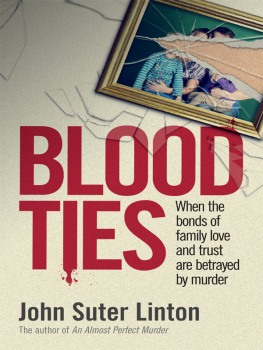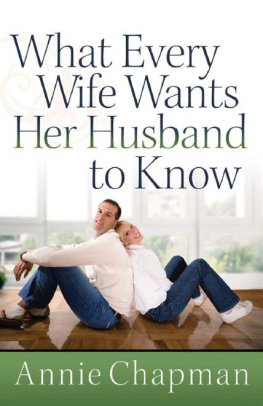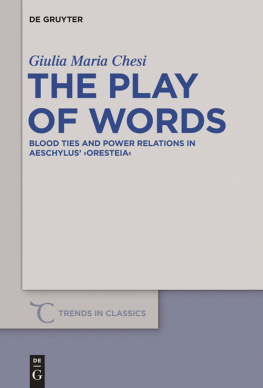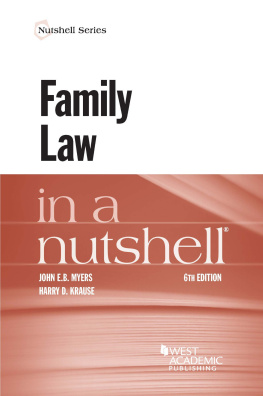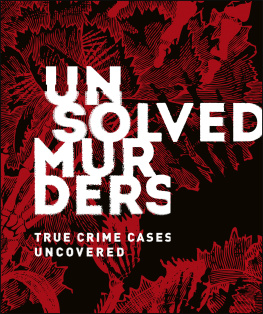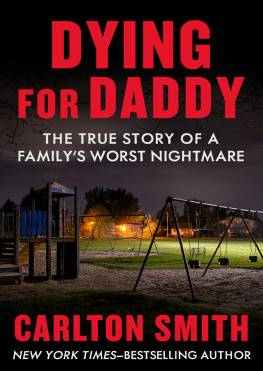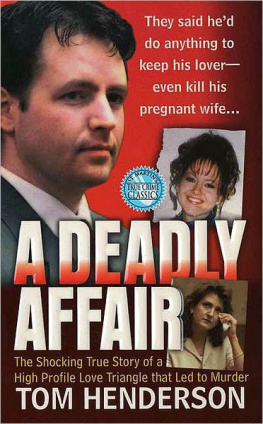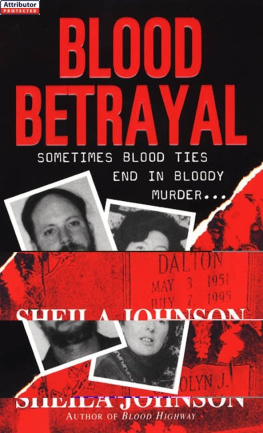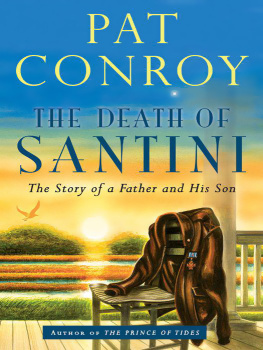Between 2007 and 2008 there were 260 homicides recorded across Australia. Of those 260, 134 (52%) were classified as domestic homicides, where the victim died at the hands of a person with whom they were involved in a domestic relationship.
To my mind, murders arising from domestic violence are the most disturbing kind. That is not to diminish the horror of other homicides, as no person deserves to have their life taken before their time, and the emotional torture experienced by relatives and friends of victims is no less, be the perpetrator an intimate relation, acquaintance or stranger.
This is my fifth true-crime book, and it came to my notice that my last three books concerned murders perpetrated by family members. Two, specifically, were murders resulting from domestic violence. An Almost Perfect Murder and Murder at Anna Bay dealt with husbands who had killed their wives.
Those stories influenced me to write this book, which examines how domestic violence can lead to murder. What you will read is how an ordinary, unremarkable relationship can deteriorate to the point where one partner begins to exhibit emotional and/or physical violence; where, through emotional anguish, a partner can turn deadly.
In An Almost Perfect Murder , ACT policeman John Conway and his girlfriend Kathy McFee contracted two petty criminals to give Johns estranged wife, Ricky, an overdose of heroin. The gain for John, though not necessarily the motive, was both he and Kathy were able to move into the family home and John gained full custody of his young son. In the early days of the investigation police suspected John of the killing, but had no hard evidence. Johns undoing eventually came when one of the contract killers, Barry Steer, boasted to others of his involvement in the murder, naively believing that as John was an ACT police officer, hed be protected from prosecution. John and Kathy were eventually arrested and convicted.
What of the motive? According to Rickys family, from the moment they were married, John became a controlling influence in Rickys life, cutting off her contact with friends and, slowly but surely, with her family. They also noticed Ricky began losing confidence in herself and, perhaps as a result, started drinking more. John and Ricky would openly argue. John also turned his young son against Ricky. Not knowing any better, the son copied his father, shouting at Ricky and even lashing out physically at times.
In the months before her murder Ricky and John separated, and Ricky had begun to try to reclaim her life. She saw counsellors and had been granted full custody of her son by the Family Court. John, however, continued to exert control by coaching his seven-year-old son to report any injuries he suffered to the local community services. These were not injuries inflicted by Ricky, but the normal bumps and bruises a child gets from playing. The son did as he was instructed. He accused his mother of mistreatment.
What turned John from a husband seeking to end his marriage to a husband wanting his wife dead? John has never admitted any guilt in the murder and has therefore not offered any explanation. However, it is my belief the turning point came when the Family Court ruled in favour of Ricky. At the hearing, John was attempting to portray Ricky as an unfit mother, hoping to gain custody of his son. All seemed to be going Johns way; the son told the court he preferred to be with his father over his mother. However, when a psychologist assessed the son he reported to the court that he had never examined a child so manipulated by the father as this child had been. The truth came out and Ricky won. John was furious. He didnt like to be beaten. This, perhaps, then sealed Rickys fate.
After John and Kathy were convicted of Rickys murder, the house and all of Rickys assets were handed over to her mother and family. Ricky and Johns son, who is deeply affected by the experience and wants nothing to do with his father, is still being supported by his grandmother, aunty, cousins and half-brother. From the time John was arrested he has never tried to make contact with his son.
On the night of Johns arrest, his son was naturally distraught and screamed and fought with police and care workers to be with his father. One of the detectives involved in the arrest, Ben Cartwright, a father himself, offered John the opportunity to say goodbye to his son, to explain in his own words what was happening. John declined, leaving strangers to try to settle the distressed young boy.
Unlike Johns calculated murder, in Murder at Anna Bay , Ross Brown acted in a moment of rage. Ross, his wife, Judith, and their three sons moved from Singleton in the Hunter region of New South Wales to the picturesque seaside town of Anna Bay just north of Newcastle. The aim was to start a new life. Ross had worked in the mines in Singleton, but Judith, it was rumoured, wasnt happy with Ross lifestyle. Ross took illicit drugs and associated with persons Judith would rather he didnt. Despite the money Ross earned, Judith convinced him they should sell the house, invest the money and make the move, hoping a change of scenery would bring about a change of habits.
Judith liked her men rough around the edges. She was always attracted to the dangerous type, preferring tattoos and a motorcycle to a suit and a BMW. Judith, however, was a strong woman and held her own. She wouldnt take any nonsense from anyone, including Ross. It was alleged Ross struck Judith during an argument early in their relationship. She quickly packed her bags and went to stay with her parents. Ross followed soon after and apologised. They made up, later married and had three boys. While they had their ups and downs, Ross, by all reports, never laid a hand on Judith. Both parents were very supportive of the boys involvement in rugby league, ferrying them to and from training, attending matches and yelling encouragement from the sidelines. To anyone looking on, the Browns were just an average family.
Life in Anna Bay, sadly, didnt go as well as Judith had hoped. Judith found work as a carer with a local preschool, the boys were settled in their new school and kept up with their footy, but Ross couldnt find full-time work. He fell into bad habits, spending his days drinking at the local hotel. On the morning of the murder, Judith was readying herself for work when Ross arrived home after dropping one of the boys at school. The other two boys had decided to walk. An argument ensued, presumably over finances and the fact Ross was dipping into their savings to fund his leisure time. In fact, Judith had noticed their savings were decreasing and, knowing why, requested all the accounts be put in her name only. During the argument, Judith was knocked to the ground. It should have stopped there, but Ross picked up a stone sculpture, weighing around eight kilos, and smashed it repeatedly over Judiths head.
After the murder Ross went to the hotel as he did every day. This time, though, he drank more than usual and returned home mid-afternoon to discover Judiths body lying in the corridor. He ran about the neighbourhood screaming, banging on doors, and dragged one woman into his house to see the body. Fuelled by alcohol, Ross became so uncontrollable police were almost forced to arrest him in order to calm him down.

